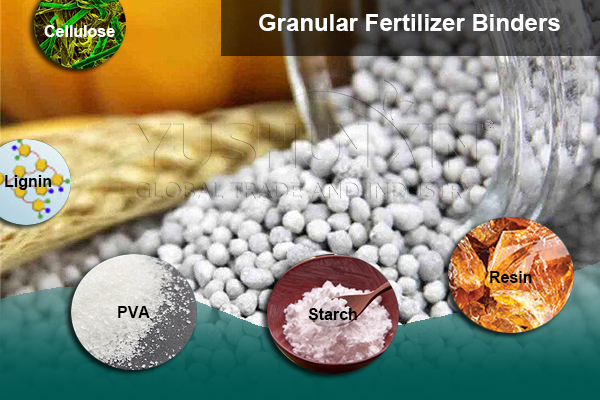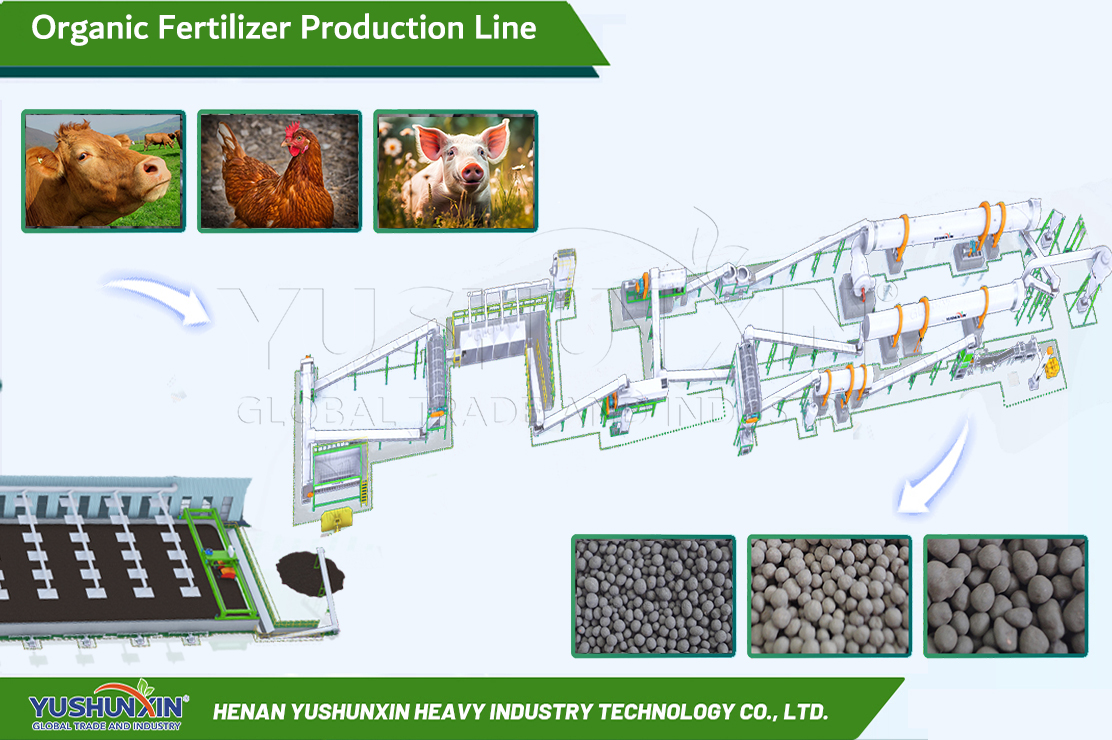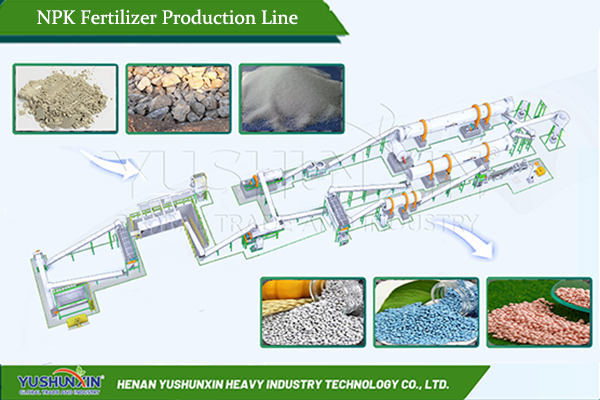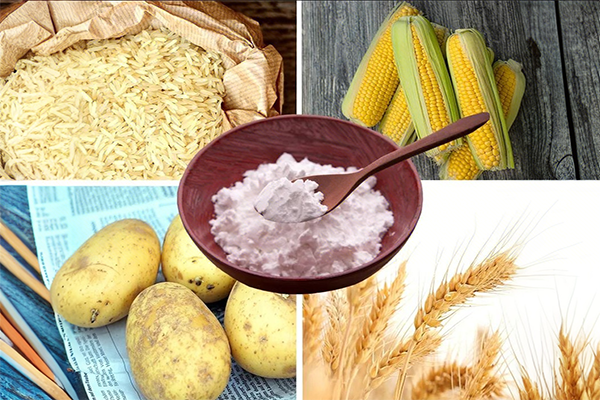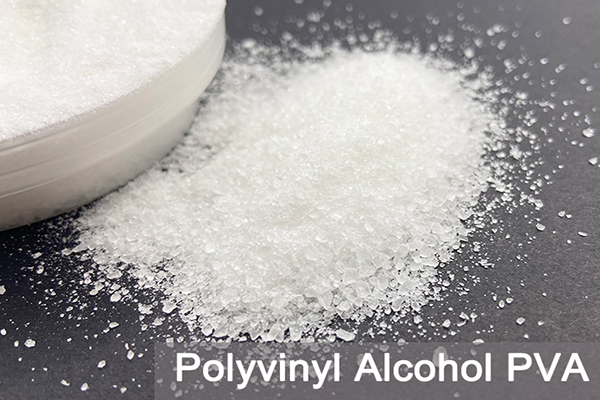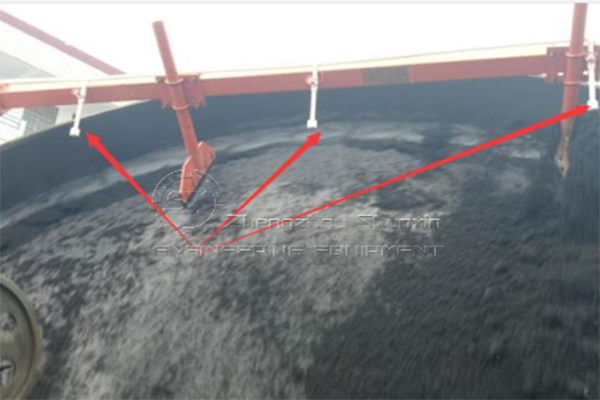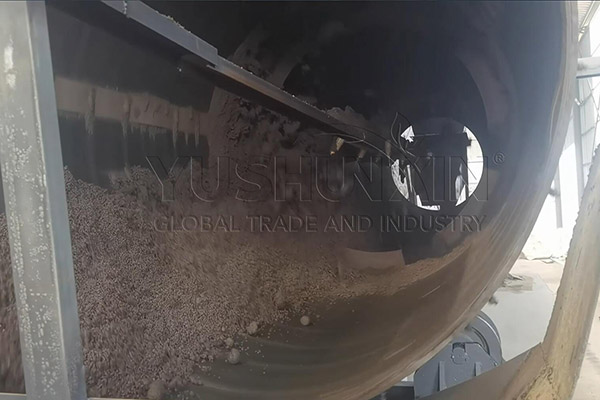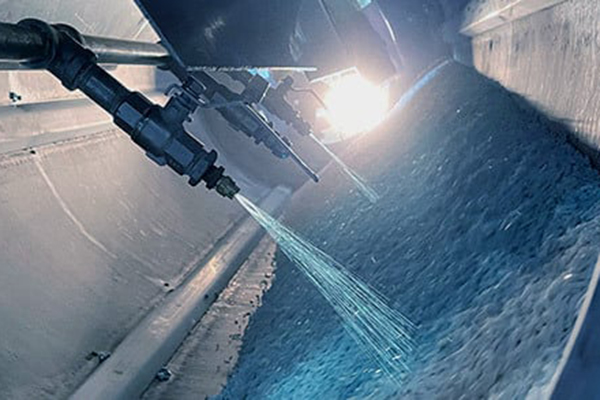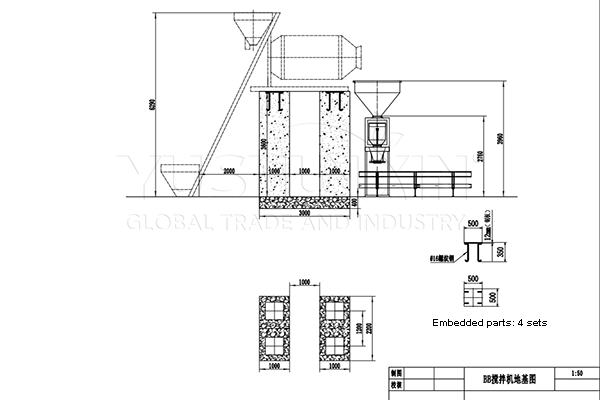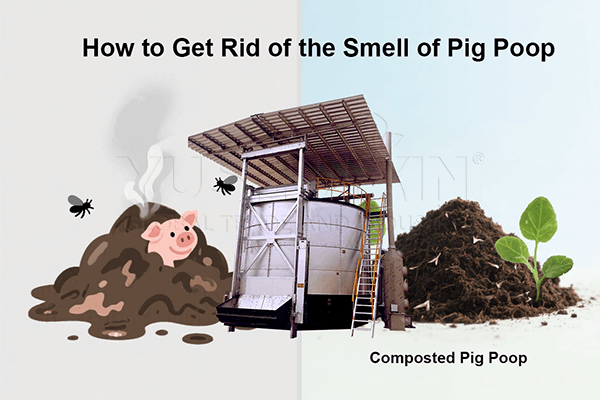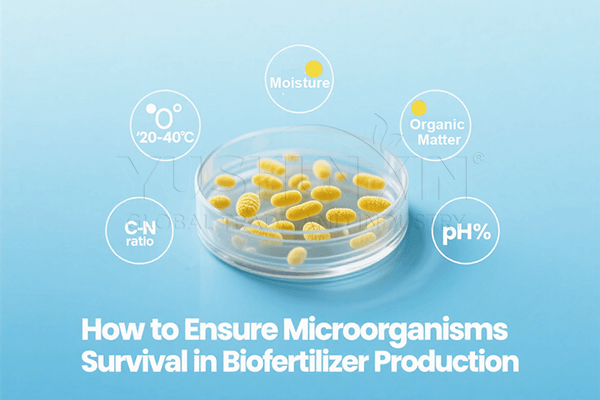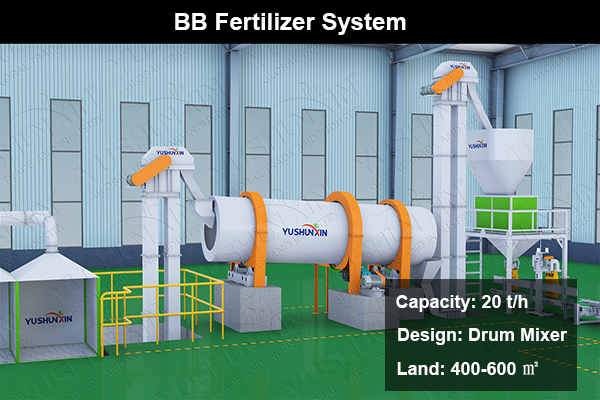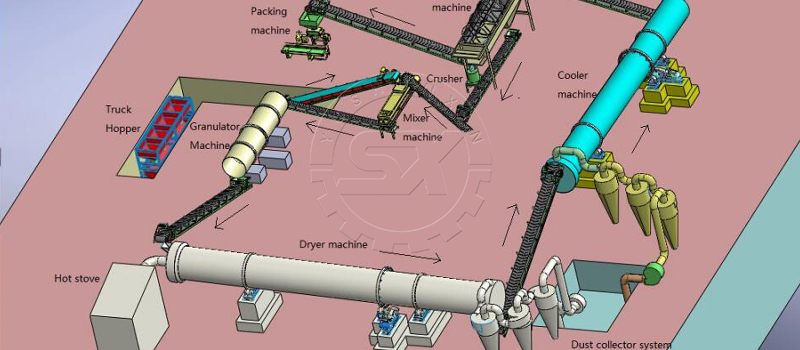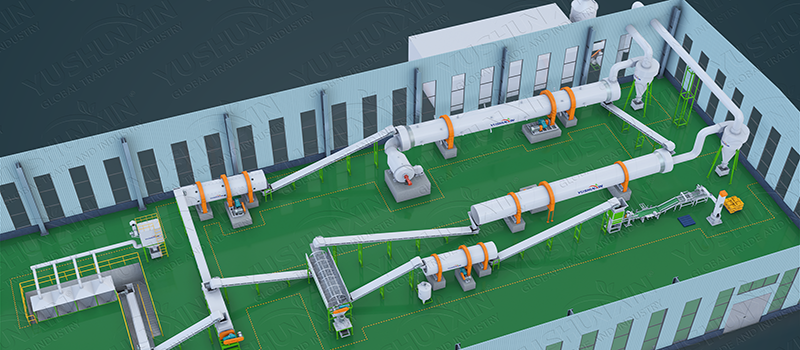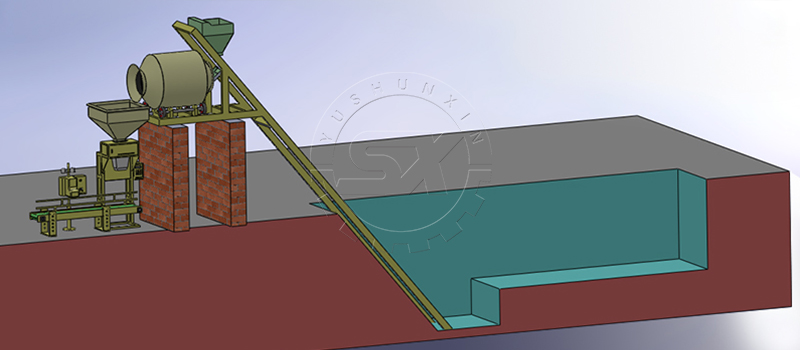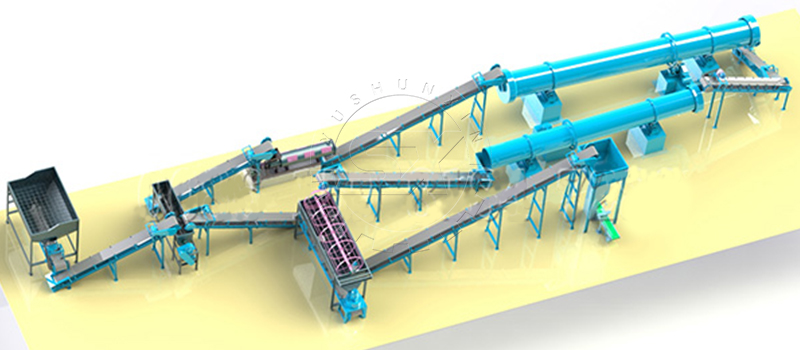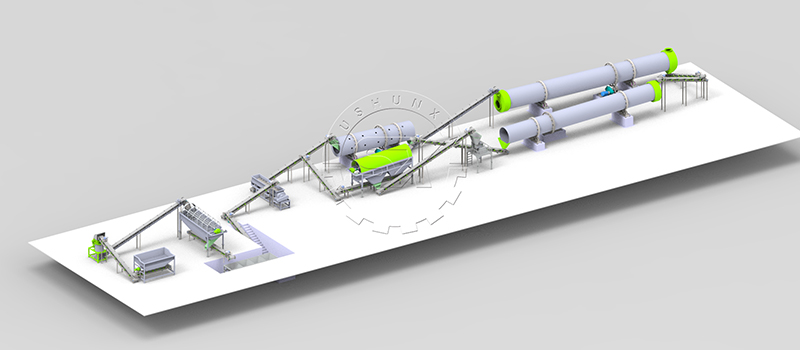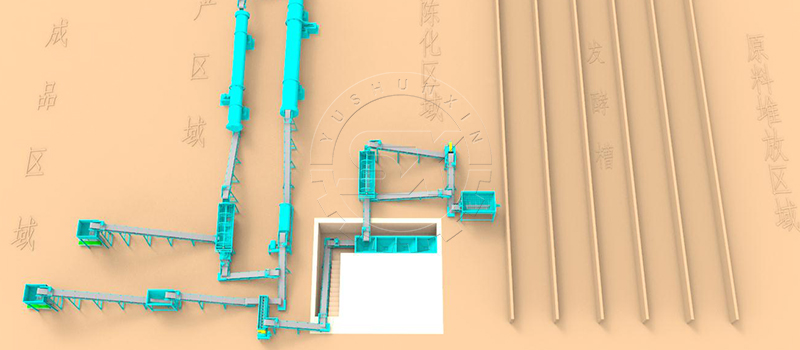In the production of fertilizer granules, binders are crucial additives that ensure the granulated fertilizer have the better strength, durability, and cohesion. Then, to choose the right granular fertilizer binders, you need to focus on the granule strength, produced fertilizer types, moisture, and fertilizer granulators you buy, etc. Right binder using is key to optimizing the final granular fertilizer product strength and quality. At the same time, it also can enhance the efficiency of the organic and compound fertilizer pellets production process.
Why we need to use right granular fertilizer binders?
In general, there are 2 benefits for fertilizer pellets manufacturing to add binders:
Top 4 Key Factors in selecting Binders for your fertilizer granulation
When choosing a binder for fertilizer granulation, several factors must be taken into account:
Your purpose: Improving fertilizer ball strength or speeding up the powder to granules process?
Before choosing granular fertilizer binders, you need to clear your purpose in fertilizer pellet making. Improving fertilizer ball strength or speeding up the powder to granules process?
What granular fertilizer binders are commonly used?
As mentioned above, there are 5 types of binders are commonly used in fertilizer pellets manufacturing.
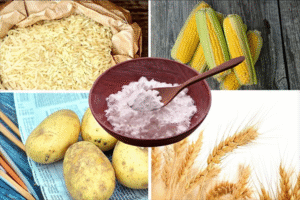
Starch to speed up fertilizer pellet making
Source: Corn, potato, or tapioca.
Function: A natural binder that helps improve granule strength and cohesion. It is biodegradable, making it a good choice for organic fertilizers. Starch is most effective when the granulation process involves slightly moist conditions.
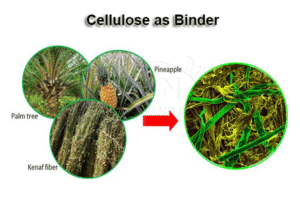
Cellulose as granular fertilizer binder
Source: Plant fibers.
Function: A natural binder that works well in creating durable granules, especially in organic or bio-based fertilizers. Cellulose helps retain moisture and improves the overall strength of the granules.
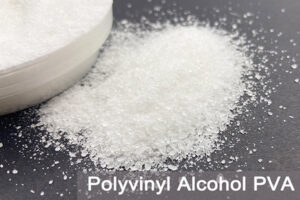
Polyvinyl Alcohol (PVA) for NPK fertilizer granulation
Source: Synthetic polymer.
Function: PVA is highly effective in creating strong, water-soluble granules. It is often used in NPK fertilizers or other synthetic fertilizer blends. PVA offers excellent moisture resistance and durability.
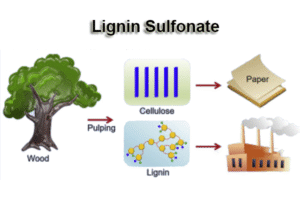
Lignin Sulfonate as binder for fertilizer granulation
Source: Byproduct of the paper industry.
Function: An environmentally friendly binder that offers a high level of adhesion. It's often used in combination with NPK and other compound fertilizers to improve granule strength at a lower cost.
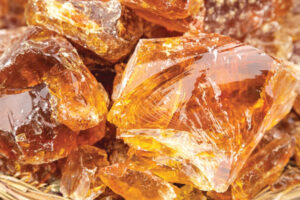
Resin for fertilizer granulation better
Source: Synthetic materials. e.g., Phenolic Resins
Function: Resins are used to produce granules with high strength and resistance to moisture. They are ideal for fertilizers that require mechanical stress resistance, such as high-density NPK fertilizers.
If you have any other things want to know about fertilizer granulation or fertilizer preparing, welcome to contact us immediately.

